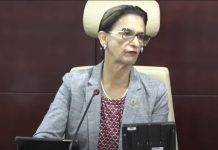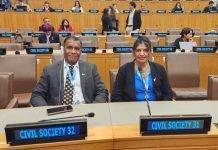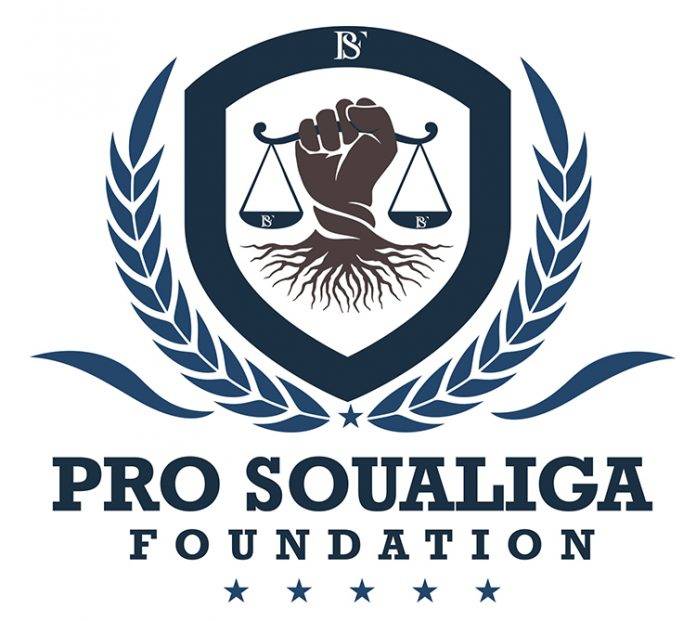PHILIPSBURG, Sint Maarten — In February of 2018, the Kingdom of the Netherlands submitted a Written Statement to the International Court of Justice (ICJ) in The Hague regarding the Chagos Islands and their struggle for a full measure of self-governance and right to self-determination. The ICJ, also known as the World Court, is one of the six organs of The United Nations. Its primary tasks are to settle “disputes between states in accordance with international law and give advisory opinions on international legal issues.”
In the the aforementioned Written Statement of February of 2018, the Kingdom of the The Netherlands declared that “the right to self-determination of peoples is a PERMANENT, continuing, universal and inalienable right with a peremptory character.” Additionally, the Netherlands agreed without prejudice with Resolution 1514 of the United Nations General Assembly by stating that “self-determination was a right and not a principle.”
The Netherlands continued to expound that “the right of self-determination of the people of a colonial territory prevailed over any claim by the administering State” which, in the case of St. Maarten, would be the Kingdom of the Netherlands.
In paragraph 2.2 of the Written Statement, The Netherlands declared that “it must also be concluded that the decisions on the political status and the economic, social and cultural development are made by the people itself, or its legitimate representatives, not by others. Moreover, such decisions shall be made in full freedom, without any outside pressure or interference.”
When we compare this bold statement by the Kingdom of the Netherlands versus their undiplomatic and impartial implementation of the Kingdom Law and the CRE, we see the hypocrisy. The Kingdom of the Netherlands poses before the international community as this progressive enlightened state, while abusing defenseless islands by doing exactly the opposite of what they so loudly proclaim on the international stage. When confronted about this contradictory approach, the Kingdom representatives distance themselves or try to downplay the importance of these bold pronouncements initially made at the International Court of Justice.
In closing, it is clear to see that The Netherlands is a staunch defender of international laws and the United Nations as was undoubtedly demonstrated through their Written Statement to the International Court of Justice in February of 2018. They clearly have a sound understanding regarding the obligations and parameters of a full measure of self-government, the right to self-determination, as well as, decolonization.
Attached is the entire Written Statement of The Kingdom Of The Netherlands (19 pages)






























